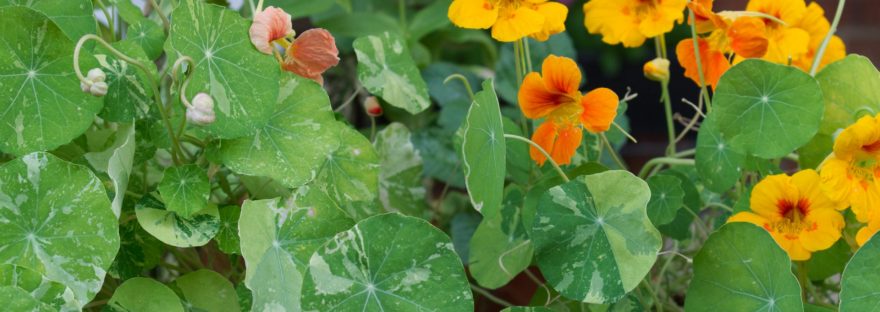A garden is a grand teacher. It teaches patience and careful watchfulness; it teaches industry and thrift; above all it teaches entire trust.”
Gertrude Jekyll – writer, artist, horticulturist
Many of us seek outlets to combat stress, unwind and otherwise, relax and focus on something we enjoy. Gardening is one such avenue that many realize is a natural healer for our anxieties. Gardening, in many ways, can become a source of joy and a support for our mental and emotional health.
As much research has shown and through personal experience, we can attest that gardening decreases stress and is beneficial to our overall health.
(Before I continue, I must tell you upfront that I am not a doctor. This article touches on the basics of how gardening can benefit us mentally and emotionally. If you are experiencing deep depression, please seek the advice of a licensed health professional.)
According to the World Health Organization (WHO), globally, more than 264 million people of all ages suffer from depression, and more women are affected by depression than men.
In 2020, my enthusiasm for gardening was pretty non-existent. If I couldn’t order something online, I didn’t buy it, which included plants at my local garden centers. My garden, thankfully, did fine on its own, but I lacked energy to water it. And my porch, my garden “room” that usually had a few pots brimming with flowers, was empty. My desire to have new growth and blossoming beauties never appeared.
However, toward the fall, and my mind resigned to a new lifestyle, schedule and tactics, I determined that 2021 would be vastly different. I ordered seeds from a catalog and a mini starter greenhouse to begin my experiment in early spring.
What I hadn’t realized was that even the small planning that went into my experiment gave me a positive focus. I did not have any container designs in mind, just seeds from flowers that looked appealing in the catalog and herbs that I always grow each year.
As I watched my seedlings grow, however, I experienced a thrill from something I had personally planted and was observing from the start. I had never grown from seed before. Yes, I experienced loss when some seedlings did not last, which initially was painful, but it was exciting to watch the process.
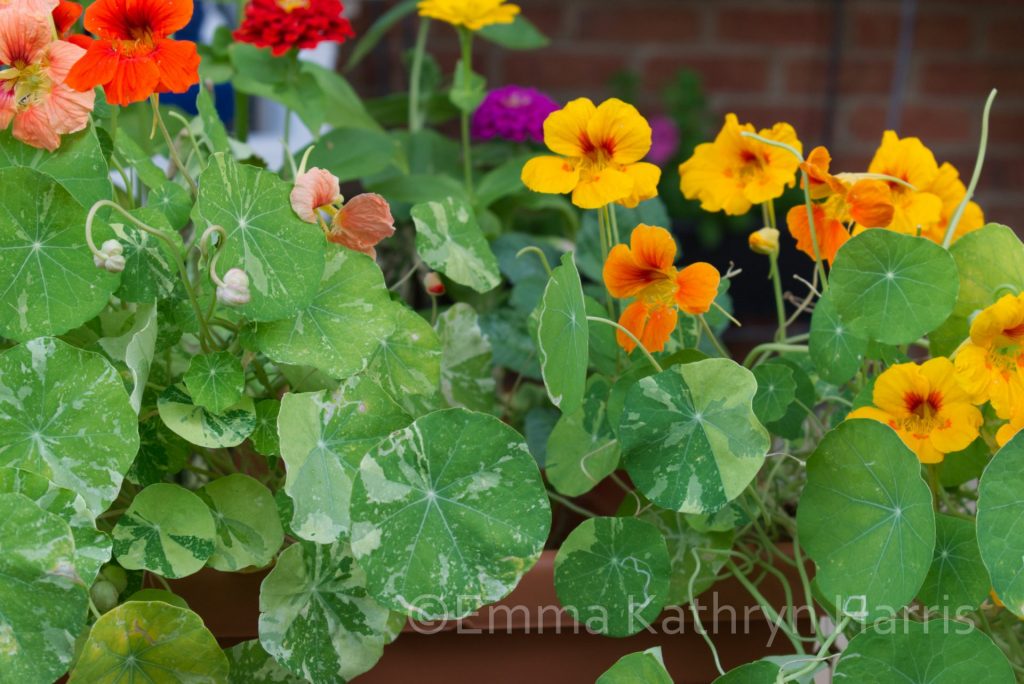
And since I’ve planted the seedlings in the garden or in their containers and spend time visiting with my babies every morning and evening and in between when I’m sitting in my porch “room” researching and writing, there is a sense of satisfaction and accomplishment being among these creations. My other anxieties and challenges don’t go away, but being among the flowers, their scents, the pollinating bees, the birds blissfully singing, and the warm breeze, somehow my challenges are easier to bear and I’m calmer.
Gardening affords more healing to us than we realize. I’ve discovered this as have many others.
“Several trials have revealed the beneficial effects on mood and mental health of simply observing nature or even images of natural scenes,” says the National Center for Biotechnology Information (NCBI), US National Library of Medicine National Institutes of Health.
Why is gardening so beneficial? Gardening “combines physical activity with social interaction and exposure to nature and sunlight.”
Here are a few more reasons why gardening helps our mental and emotional health:
Green has a calming effect
Imagine if our lawns were red. Or the golf course was yellow. Thankfully, such is not the case. But think about how you feel when you look out at your lawn, or at a park, and you see green. Does that give you a sense of peace? Of calm? Not only that, but the trees, generally, are green, as are many plants as well as the leaves and stems of flowering plants.
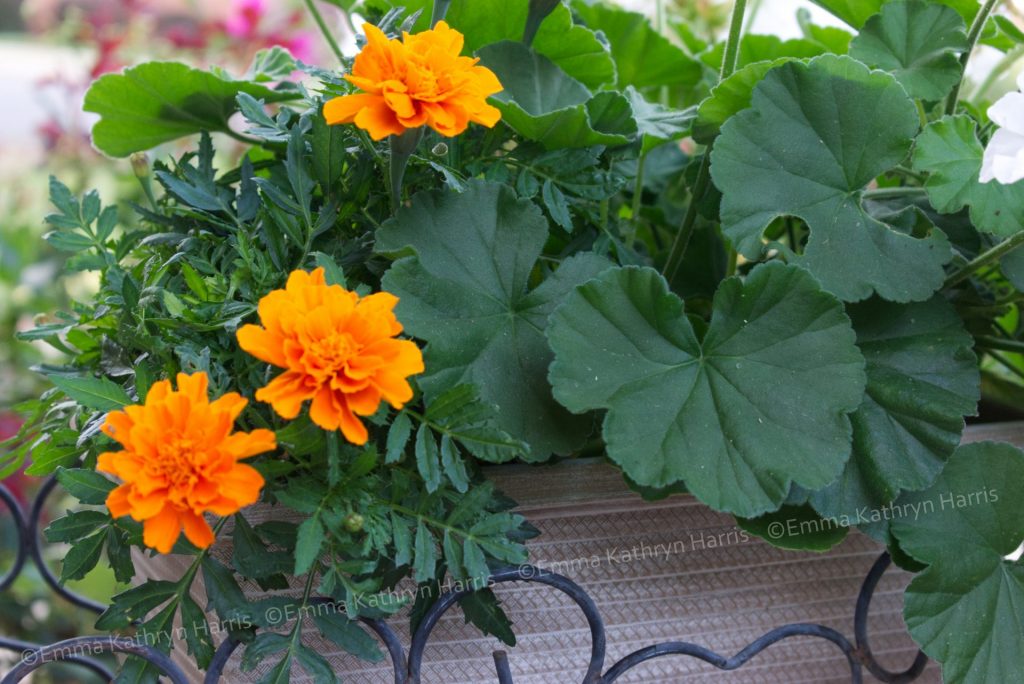
The NCBI stated that a particular study on color and the effects showed that “green, or being in a green environment, induced significant reduction in heart rate.”
Which explains why being outdoors, particularly in the park and/or surrounded by creation, helps to calm our nerves. The study went on to say that green ‘shows the calming and relaxing effect it has on the human organism.’
Gardening is physically good for us
Gardening requires a bit of physical activity. Unless you’re moving stones, applying bags of mulch, or digging up massive bushes, the physical activity can be pretty minimal, which is why many older ones enjoy gardening. And those with physical limitations and disabilities, depending on what they are, can do a bit of gardening as well.
Even if you can’t do much, tending to a pot or two of flowers and plants in your home can do you a world of good. Being happier and having a positive outlook on life not only helps us mentally, but happiness contributes to our physical wellbeing.
My grandmother had excruciating arthritis, but she tended to her plants loyally. They were on her back patio, front entryway, and inside her home. They brought her joy and kept her active. They, indeed, were her therapy.
Even a little physical activity benefits us. Gardening is the perfect outlet for exercise.
Feeling the sun and soil on our skin is healthy
Some doctors will often advise their patients to get outside to boost their mood. Mental health professionals will suggest walking and going to the park. Why would health professionals prescribe this?
Because they know that being in the fresh air, surrounded by nature, will contribute to our physical and mental wellbeing.
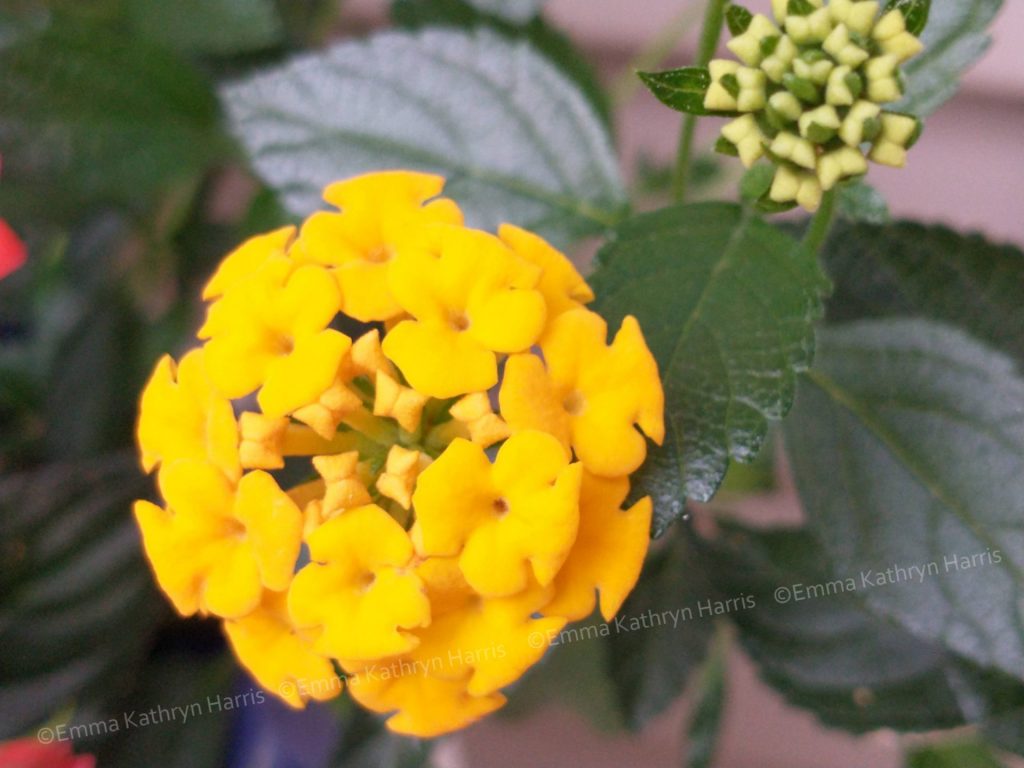
We understand that sunlight is good for us. How good? NCBI emphasizes that ‘sunlight helps serotonin and melatonin regulation, which affects brain blood flow, and increases Vitamin D levels.’
This affects our mood, cognitive function (i.e., memory), and sleep (which also affects our mood for better or for worse). If you’re prone to seasonal affective disorder (SAD), sunlight is needed.
Just 20 minutes a day in the sunshine will be an incredible immune booster. If you have trouble sleeping and your circadian rhythm is off, this bit of sunshine on your face and skin will positively impact your health significantly.
What about the soil? “Mycobacterium vaccae (M. vaccae), a soil-derived bacterium with anti-inflammatory and immunoregulatory properties, is a potentially useful countermeasure against negative outcomes to stressors,” says NCBI.
So yes—playing in the dirt is good for you!
Gardening teaches us patience and to deal with disappointment
Raise your hand if you’ve ever had a perfect garden. Every time you planted a seed, it sprouted instantly and survived.
No takers?
Gardening is a continual experiment, even to the most avid gardeners.
You can map your gardening and container designs; you can plant the seeds; but you can’t control what the seeds and plants will or will not do. Seeds don’t always sprout and some plants die quicker than you anticipate because of disease, insects or cute, but pesky animals that mercilessly tear out and eat your plants.
When you grow from seed, even though they may begin sprouting within a week, it will take a few weeks to get them mature enough to transplant. The seedlings and plants you buy at your local garden center have been maturing in a factory for some time before they arrive at the garden center. So don’t deceive yourself into thinking your seedlings will look similar to those mature plants, unless you have your own greenhouse.
But our patience does pay off. The seeds and plants that survive will ultimately thrive in their new space, mature beautifully, and bring us a few months of joy (or years if they are perennials).
Gardening gives us a hobby and a focus
As mentioned at the outset, simply using gardening as a focus can help us derive more joy and be in a better frame of mind psychologically.
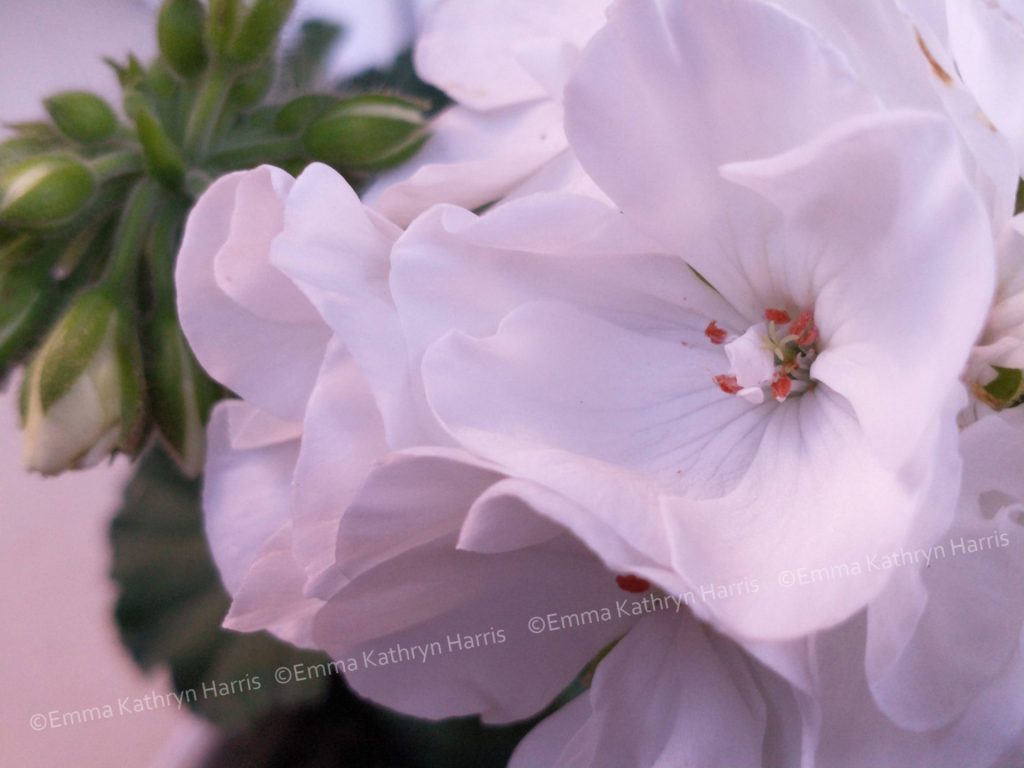
During the colder, darker months of winter, our moods can be lifted by planning what is reasonable for us to care for in our gardens, looking at pictures of plants and flowers for ideas, mapping designs, and planning our gardening budget. All these are thrilling activities.
And sharing with our family and friends our joys of gardening, successes, and research, along with asking questions and offering and listening to suggestions, promote delightful conversations. Because really, who can be grumpy talking about flowers?
Also, consider flowering or simple houseplants to bring you some cheer and focus during the gloomy, winter months.
Final words
Although gardening isn’t the ultimate answer to cure mental and emotional health challenges, it can be soothing and personally satisfying to each of us in our own way.
Discover what is good for you and what you can handle without being overwhelmed. Take advantage of the sun and fresh air whenever possible. Have just one or a few plants in your home or on your porch that you can reasonably handle. Tackle one simple garden project to give you a focus and an outlet from stress. Be awed by plants. Smell the flowers.
Enjoy your gardening moments.

